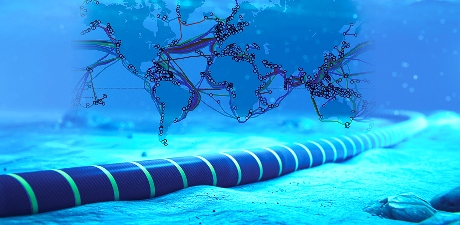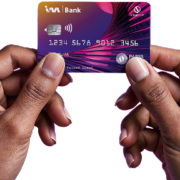Sub-Saharan African nations, including Nigeria and South Africa, are grappling with a substantial disruption in internet connectivity stemming from damage to undersea cables near Abidjan. This disruption has had widespread repercussions, affecting telecommunications companies and banks across the region.
RELATED: A day without the internet in the world would cost $43 billion
Major undersea cables such as WACS, ACE, MainOne, and SAT3 have all been impacted, resulting in extensive connectivity issues across West and South African countries.
Telcos and banks severely affected
In Nigeria, as well as other East and West African nations, banks and financial institutions have been severely affected by the internet outage. Sterling Bank, Polaris Bank and Access Bank in Nigeria, among others, have faced network shutdowns and disruptions in transaction processing due to the inability to access stable internet connectivity. This has caused inconvenience to customers and businesses relying on banking services.
Telecommunications giants like MTN have reported a decline in service quality, with subscribers experiencing poor data connectivity. MTN has officially acknowledged these challenges, linking them to the damage sustained by undersea cables spanning East and West Africa.
Outages highlight vulnerability of infrastructures
The repercussions of this undersea cable damage extend beyond Nigeria, reaching South Africa and other countries along Africa’s West coast. Multiple undersea cables crucial for international connectivity have experienced outages, highlighting the vulnerability of these infrastructure components.
However, operators like WIOCC, which have redundant capacity, have managed to mitigate the impact on their customers.





























